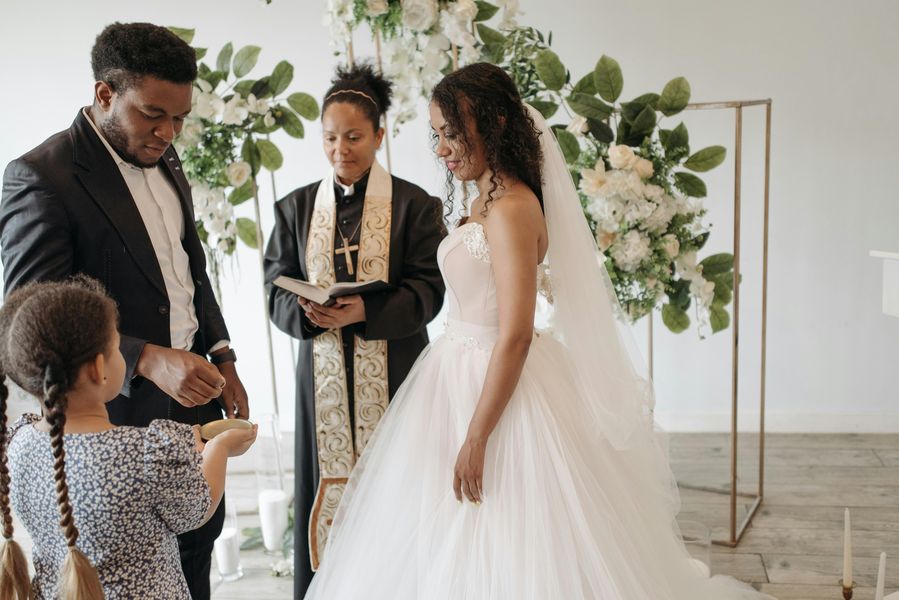What Not to Share in a Relationship
Hey there! If you’re in a relationship, first off, congratulations! Being in love can be one of the most rewarding experiences in life. However, as much as we want to share everything with our significant other, there are just some things that are best kept to ourselves.
Things You Should NOT Share with Your Partner
-
Passwords – Your privacy is important, and you should never feel pressured to share your passwords with anyone. Trust is important in any relationship, but that doesn’t mean you have to sacrifice your privacy.
-
Beauty Regimen – Whether it’s your skincare routine or the intricacies of how you do your makeup, some things are just for you to know. Your partner may not understand the importance or intricacies of your personal grooming routine.
-
Bedroom Conquests/Failures – We all have a past, and there may have been people before your current partner. However, it’s best to leave any bedroom stories in the past. It’s not fair to compare your current partner to anyone else, and it can make for an uncomfortable and awkward conversation.
-
Girlfriends’ Stories – Your friends confide in you about their personal lives because they trust you. However, some things are not yours to share, even with your significant other. It’s important to respect your friends’ privacy and keep their stories confidential.
-
Shopping List and Bank Statements – Finances can be a tricky subject, and sharing your shopping list or bank statements may cause unnecessary stress in your relationship. It’s important to respect each other’s personal spending habits and keep financial conversations open and honest, but that doesn’t mean you need to share every detail.
-
Feelings About Partner’s Mom – Family dynamics can be complicated, and it’s important to tread lightly when discussing your partner’s loved ones. Expressing negative feelings towards your partner’s mom, for example, can be hurtful and cause unnecessary drama. It’s best to keep any negative feelings to yourself, or address them in a respectful and constructive manner.
-
Weight Concerns – Body image issues are personal and can be very sensitive. It’s important to recognize that your partner may struggle with their own body image issues and may not be equipped to handle your own. In other words, don’t put the burden of your own insecurities on your partner.
-
Bodily Functions – We all have them, but they’re not exactly dinner conversation material. Personal hygiene is important, but it’s not necessary to share every detail.
Healthy Boundaries in a Relationship
Importance of Sharing
Sharing experiences, thoughts, and feelings is an important part of any healthy relationship. Communication is key, and being open with your partner helps build trust and intimacy.
Dangers of Over-Sharing
While it’s important to share, it’s equally important to recognize the dangers of over-sharing. Sharing too much can create a power imbalance and make the other person uncomfortable. This can cause relationship troubles, so it’s important to find a balance of sharing and privacy.
Balancing Sharing and Privacy
Balancing these two elements helps create healthy boundaries. It’s important to respect each other’s personal space and privacy, but also to communicate and share with each other to maintain intimacy.
In conclusion, every relationship is different, and what feels comfortable to one couple may not feel comfortable to another. Ultimately, it’s up to you and your partner to decide what works best for your relationship. Remember to respect each other’s privacy, communicate openly, and find a healthy balance of sharing and privacy. Cheers to a happy and healthy relationship!
What to Share in a Relationship
Things That Can Bring You Closer Together
-
Feelings and Thoughts – Being emotionally open and honest with your partner is essential in a healthy relationship. Sharing your thoughts and feelings with each other helps you to connect on a deeper level. It can be scary to open up, but it can also be incredibly rewarding.
-
Romantic Moments – Sharing intimate moments with your partner, such as a quiet night in, a romantic dinner, or a weekend getaway, helps create a bond between you two. It’s important to take time to nurture your relationship, and romantic gestures can help keep the spark alive.
-
Relationship History – While it’s not necessary to know every detail of your partner’s past relationships, it’s important to have an understanding of their relationship history to help build trust and transparency. Talking about past relationships can also help with navigating any potential triggers or insecurities.
-
Shared Experiences – Sharing activities and hobbies with your partner can help create shared memories and strengthen your bond. Even something as simple as cooking dinner together or going for a walk can help create a sense of togetherness.
Navigating Disagreements About Sharing
Couples’ Disagreements over Sharing
It’s important to communicate with your partner about what you’re comfortable sharing and what needs to stay private. If there’s a disagreement, take the time to listen to each other’s perspectives and come to a compromise.
Communicating Personal Boundaries
It’s important to communicate your personal boundaries with your partner early on in your relationship. This will help establish mutual understanding and respect in terms of what is and is not okay to share.
Navigating Differences in Sharing Preferences
If you and your partner have different preferences when it comes to sharing, it’s important to find a middle ground. For example, if one partner is more private than the other, they can compromise by sharing certain things while keeping other things private.
Ultimately, finding a healthy balance of sharing and privacy is key in a successful relationship. It’s important to respect each other’s boundaries and communicate openly and honestly. By doing so, you can create a foundation of trust, intimacy, and mutual understanding. In conclusion, we’ve discussed both what to share and what not to share in a relationship.
We’ve highlighted the importance of sharing emotions, romantic moments, relationship history, and shared experiences. On the other hand, there are certain things that should be kept private, such as passwords, beauty regimens, and weight concerns. We’ve also discussed the importance of finding a balance between sharing and privacy, communicating personal boundaries, and navigating differences in sharing preferences. Respect for each other’s privacy and open communication are key elements for a healthy and happy relationship.
Remember, every relationship is unique, and it’s up to each individual couple to find their own way of balancing sharing and privacy to build trust, respect, and intimacy.



